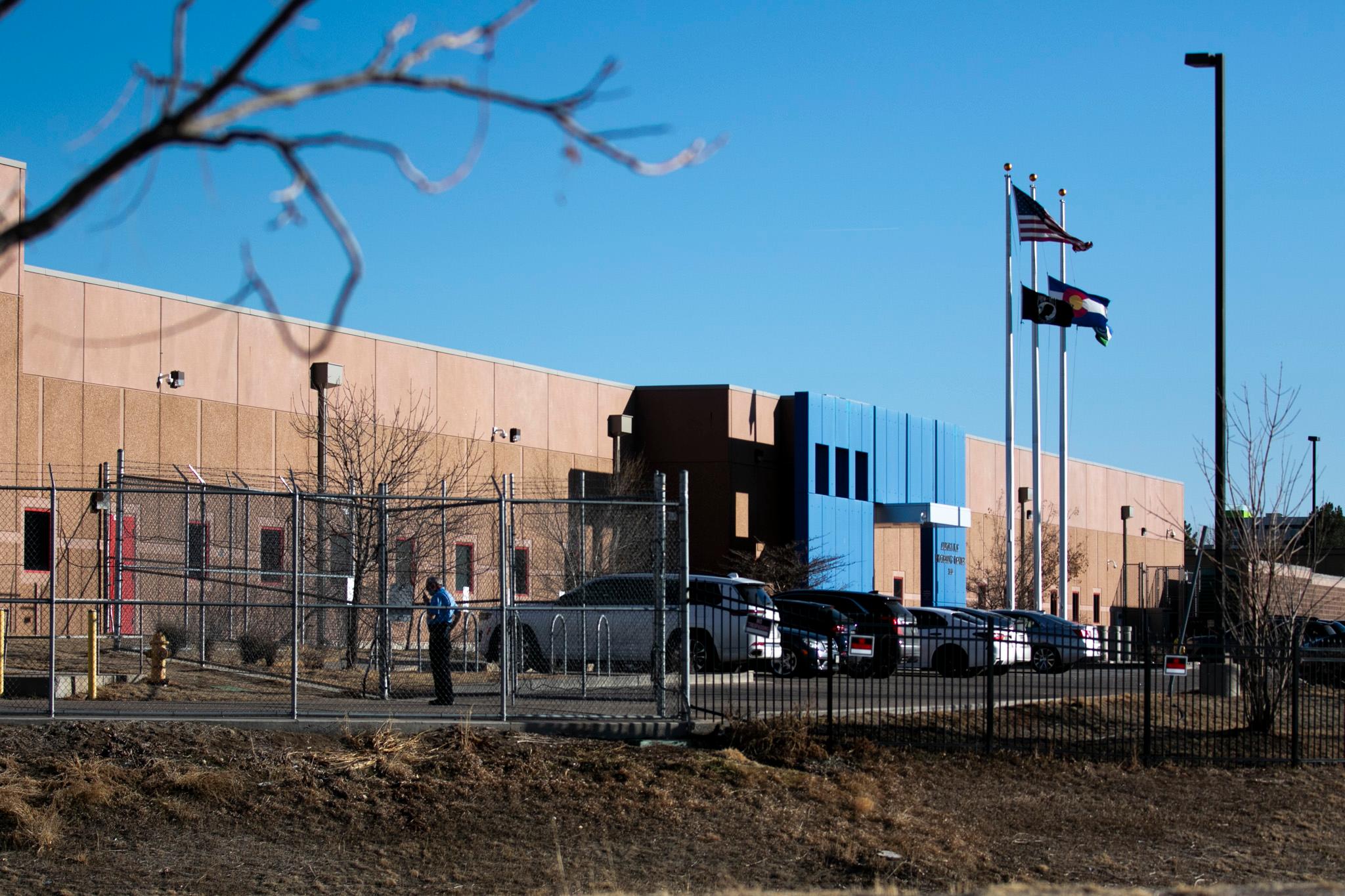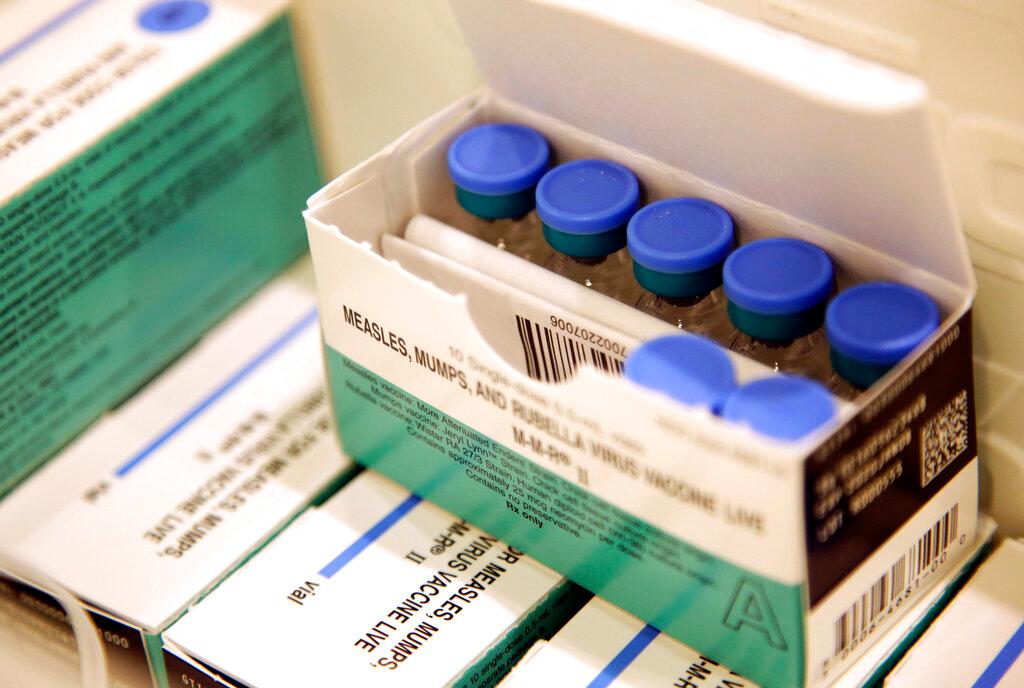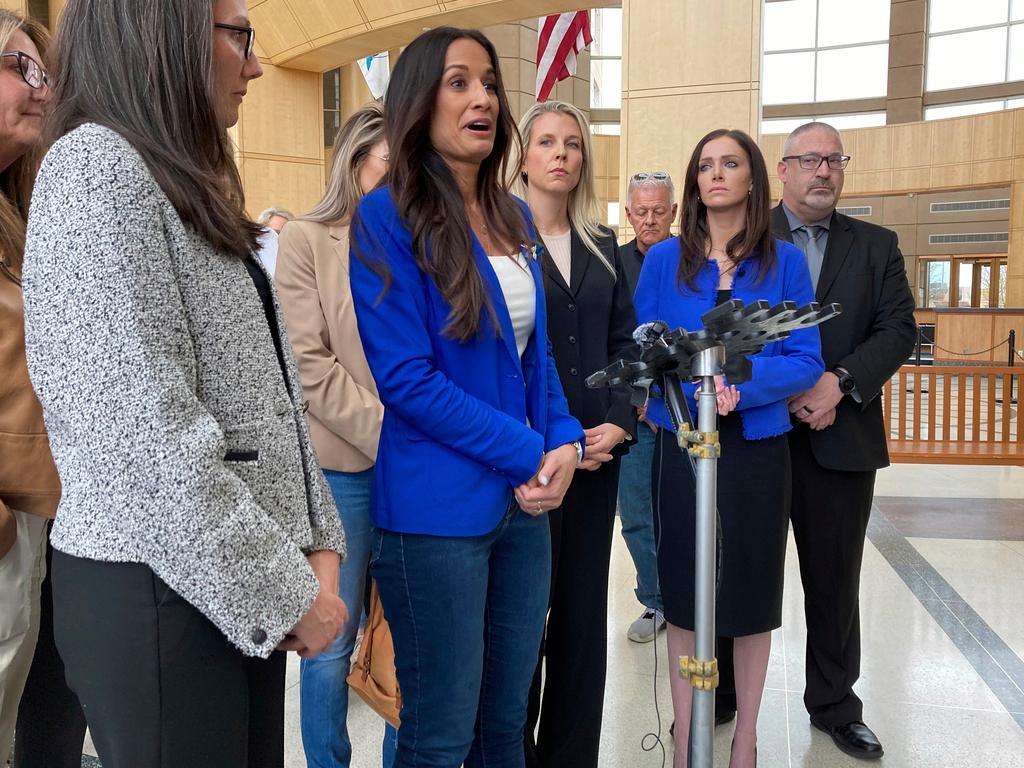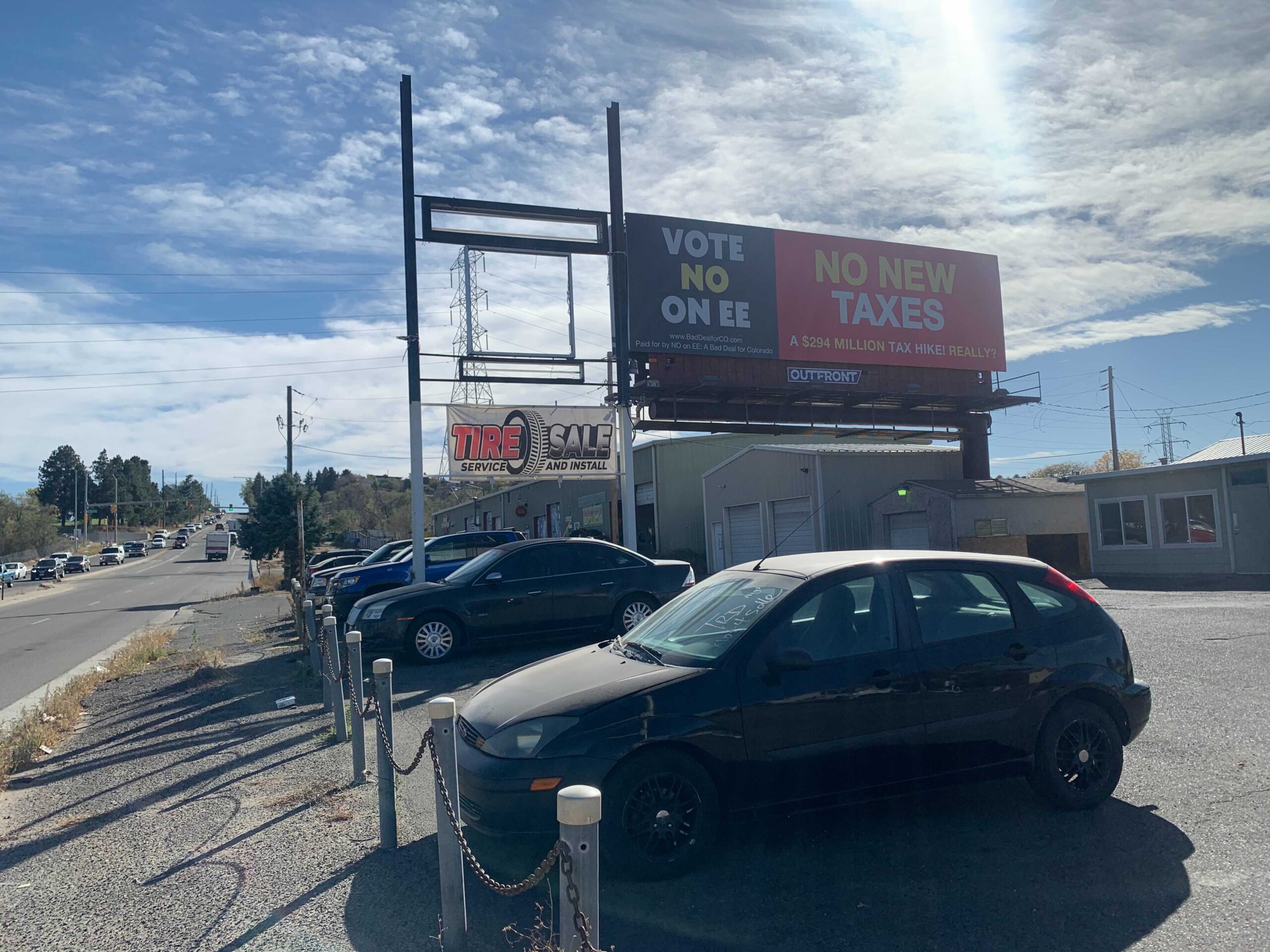
Joe Pineda is co-owner of an auto shop on Sheridan Boulevard. He’s not particularly liberal, having voted for President Donald Trump in 2016. And he’s a smoker.
“In a day, probably four to six cigarettes,” he said recently, standing just inside the garage bay door.
All that might seem to make him an ideal target for the campaign to stop new taxes on nicotine products in Colorado, which are on the ballot next week through Proposition EE. If the ballot measure passes, Pineda’s price per pack will eventually go up by nearly $3 or more. There even happens to be a massive “No On EE” sign plastered on a billboard next to his shop.
And yet he was ready to vote yes.
“Even though I do smoke, it’d be a way to discourage me from buying more. I’ll buy less, probably preserve my life a few more extra years,” he said. “Yeah, I’m definitely for it.”
He’s one example of the surprising voting patterns and unusual alliances that can result when so-called “sin taxes” are on the ballot. Voters like Pineda support Proposition EE because it penalizes unhealthy behavior, and it’s meant to generate nearly $300 million per year for education, including a pre-school expansion.
But others worry that the burden of increasing these taxes will fall most heavily on low-income nicotine users.

“I would say it’s gonna impact me a lot. I’m not working right now. I need every penny I can get,” said Jamie Nelson of Morrison, standing outside a Smoker Friendly shop.
The proposition sets a minimum price that will reach $7.50 a pack by 2024, including the new higher taxes. While she likes that EE would impose the state’s first ever tax on vaping products, she said she can’t afford the higher cigarette prices — and she doubts the change would help her quit.
"I would love to tell you it would, but I don’t think it will … because I’m an addict. I’ve been smoking since I was 15,” said Nelson, 42, who previously worked in administration.
Those kinds of concerns are giving some progressives heartburn about the new measure.
“I haven’t even decided how I’m voting on this yet — which is the only reason why I haven’t turned my ballot in, to be honest,” said Ian Silverii, the executive director of ProgressNow Colorado, in a mid-October interview.
ProgressNow is officially neutral on the measure.
As a former smoker, Silverii totally agrees with the priorities: smoking bad, education good. But the measure is complicated for him because sales taxes are regressive — meaning they take the biggest bite out of the finances of the poorest people.
“It’s yet another piece of tax policy that puts the burden on users, that puts the burden on people who have lower incomes to begin with,” Silverii said.
Proposition EE was placed on the ballot by Democratic lawmakers, with little support from Republicans. They described it as a way to shore up school finances and to eventually achieve the goal of universal public preschool education.
The “No On EE” campaign has embraced the idea that the tax is unfair. “If we agree that preschool is something that should be paid for by the government … then why are only 14% of the population responsible for paying for it?” said campaign spokesperson Michelle Lyng.
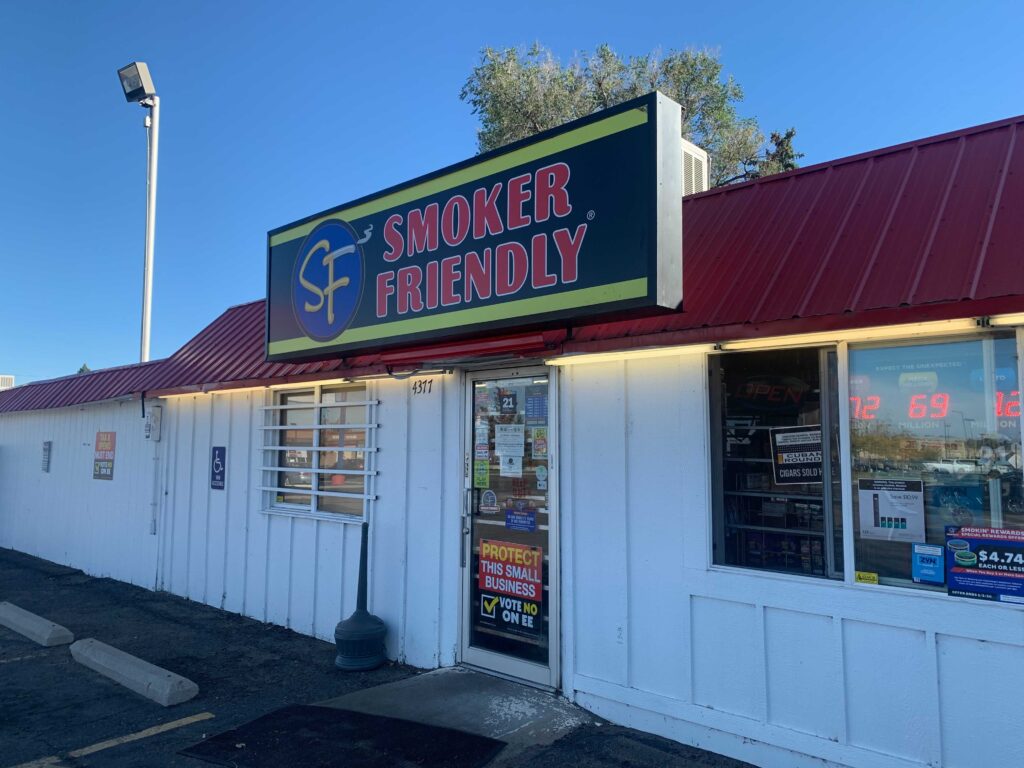
The opposition campaign has been funded in large part by a discount cigarette company, which may be financially damaged by the higher required prices. Besides pointing out the effect on low-income smokers, they allege a “backroom deal” that benefits the premium brands.
K.C. Becker, the Democratic Speaker of the House, said that the measure’s health benefits are worth supporting.
“The evidence shows that it actually does lead to less smoking, and it leads to people delaying the time that they become smokers,” Becker said. “The costs of people smoking are borne by all of society.”
Becker pointed to studies that show higher taxes appear to discourage teen smoking, although the effect on older low-income smokers may be smaller.
“It isn’t progressive to align yourself with tobacco interests that are targeting low-income communities and really negatively impacting their health,” Becker said.
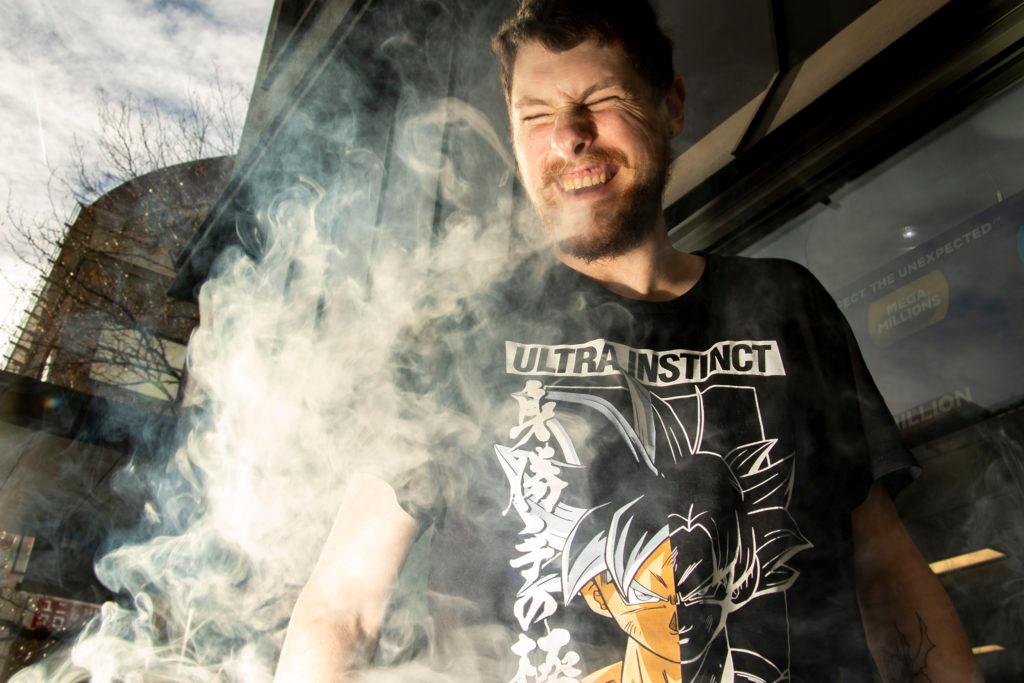
This is a frequent topic of debate in Colorado, thanks in part to the Taxpayer’s Bill of Rights. TABOR gives voters final approval over tax hikes — and since it entered the state constitution, they have never approved an increase to the income tax or other general statewide taxes.
In contrast, they’re willing to occasionally approve taxes on cannabis, alcohol, gambling and tobacco.
“I think Colorado has shown itself only willing, when it comes to a statewide tax, to support a tax that’s a sin tax. I think that’s unfortunate,” Becker said. “It’s the reality of the constitutional and fiscal situation that we put ourselves in.”
That argument ultimately convinced Silverii to support the measure. He worries that voters are likely to approve another ballot measure this year, Prop 116, which would cut the income tax rate and cost the state around $150 million a year in funding. With the state already hurting for revenue, he said, the priority has to be to safeguard money for education in the face of more cuts.
Even so, there’s no guarantee. Voters approved a tobacco tax measure in 2004 but rejected one in 2016.



